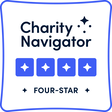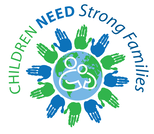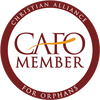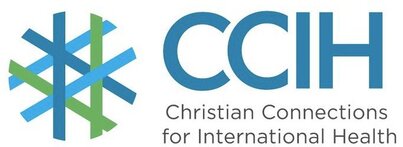|
As Senior Consultant for the Child Reintegration Centre's Transition Coaching and Mentoring Department, David Titus Musa works closely with Reintegration Specialist Rosamond Palmer to help orphanages in West Africa and beyond transition their model of care for children from residential to family-based care. A growing number of organizations across the Global South are engaged in this important work, but often find themselves working in isolation without the ability to connect to other transition support experts to hone their skills and exchange ideas for best practice. In March, David was invited to attend a training of trainers on the Residential Care Service Transition Framework tools developed by the Better Care Network, alongside 20 other transition practitioners from 11 different African countries, including Sierra Leone, Ghana, Lesotho, Madagascar, Zambia, Rwanda, Uganda, Tanzania, Ethiopia, Malawi and Kenya . These are his reflections.
The training was an intensive 3 days going through the process of transition, transition assessment tool, and learning about managing cost and risk factors. Our session leaders included many well-known thought leaders in care reform, including Peter Kamau from Child in Family Focus, Simon Kanyembo of Alliance for Children Everywhere , and Beth Bradford, from Changing the Way We Care. I was able to make connections for further collaborations with transition experts from Lesotho, Kenya, Ghana and Zambia. I look forward to being able to connect again with many of these leaders at the Christian Alliance for Orphans Summit in September this year, to continue to find ways to work with and support one another The sessions were filled with deep conversations and shared understanding of care reform systems in different country settings. We were given many opportunities to test the effectiveness of the tools, and to contextualize the tool, as it had been developed from a global perspective, but must be adapted for each country context in order to be effective. From this training, I realize the as practitioners, we really need to understand how orphanages operate in our own countries, the goals that stakeholders had for establishing these institutions in the first place, and the kind of ownership they have over them. It's important to understand the needs of stakeholders because they can have a big impact on the strategies that we as transition support works use to support their transitions. Secondly, it's important that any transition take place within the context of wider systems reforms that include public commitment to scaling down orphanages and national minimum standards for the care of children laid out in laws and policies. Transition is possible, and necessary, but it requires buy-in from multiple stakeholders, and it takes time to do it safely and well. Sierra Leone is just at the start of the movement to change the way children are cared for - there are other countries such as Kenya and Rwanda making care reform a national strategy - with support from their governments, but the Transition Coaching and Mentoring Department of the CRC is on the cutting edge, leading the charge in West Africa. The training I received in Uganda will enable me to train other transition coaches in Sierra Leone, so that transition and care reform can gain more ground in West Africa.
0 Comments
Your comment will be posted after it is approved.
Leave a Reply. |
Follow us on social media
Archive
July 2024
Click the button to read heartfelt tributes to a beloved Bishop, co- founder of our mission!
Post
|
Helping Children Worldwide is a 501 (c) 3 nonprofit organization | 703-793-9521 | [email protected]
©2017 - 2021 Helping Children Worldwide
All donations in the United States are tax-deductible in full or part. | Donor and Privacy Policy
©2017 - 2021 Helping Children Worldwide
All donations in the United States are tax-deductible in full or part. | Donor and Privacy Policy






